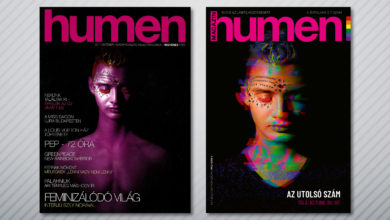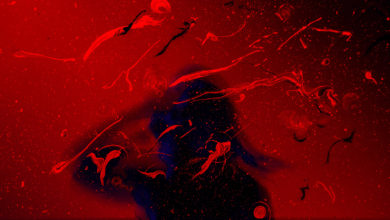Hungary introduces „gay propaganda” law stricter than Russia
On 15 June, the Hungarian parliament has passed the so-called „Pedophile Law”, to which governing party MPs have introduced homophobic and anti-trans amendments last week. Citing the protection of children, the original draft law was turned into a „gay propaganda” law, even stricter than the Russian version it was modelled on.
In the future, people under 18 will not be allowed to listen to Lady Gaga’s „Born This Way”, the news can only report on pride parades late night, and some movies in the Harry Potter series will receive the same rating as porn movies. All this because the new law prohibits depictions of „different gender-identities or homosexuality” for children under 18.
Many civil society organisations, members of the European Parliament and Dunja Mijatović, the Commissioner for Human Rights of the Council of Europe, the largest Hungarian commercial television station (RTL Klub Magyarország), the National Association of Hungarian Journalists, the Hungarian Advertising Association and the association of multinational corporations operating in Hungary have all protested the amendments which deliberately conflate LGBTQ people with pedophilia.
Tens of thousands of people demonstrated against the amendments outside the Parliament last night and more than 110,000 have already signed a petition saying they do not want Russian-style homophobic laws.

Yet the far-right populist governing parties (Fidesz and KDNP) have now unanimously voted to pass the bill. The ruling party led by Prime Minister Viktor Orbán won only 49% of the votes in the last elections, but thanks to Hungary’s skewed electoral system this has translated into a two-thirds of the parliamentary seats. With no fear of opposition, Viktor Orbán can do practically anything he wants.
The amendments render impossible the presentation of the LGBTQ community, as well as any discourse, sharing of information and education of related themes in many areas of life in Hungary.
The law will affect school education by banning the „promotion and display” of homosexuality and gender reassignment to children under 18 and by banning school lectures on homosexuality and gender reassignment in the future. In addition, more liberal NGOs will be banned from providing sex education.

The law will also apply to content on the Internet, which will be monitored – and penalised – by a separate authority. The Child Protection Internet Round Table, which has been in place since 2014, will from now on be able to investigate individual cases, programmes and online content and contact service providers to remove content that is deemed harmful to children.
This means that all websites will have to check their content for ratings going back years or else risk prosecution. The legislation is expected to enter into force within a month.
The Orbán government is taking these steps regardless of the fact that recent surveys show the Hungarian society is becoming more accepting of LGBTQ issues. According to the Ipsos LGBT+ Pride 2021 Global Survey, nearly half of the Hungarian population now supports same-sex marriage (46 percent compared to 30 percent in 2013), and 62 percent of Hungarian respondents believe that same-sex couples can raise a child just as well as heterosexual couples.






